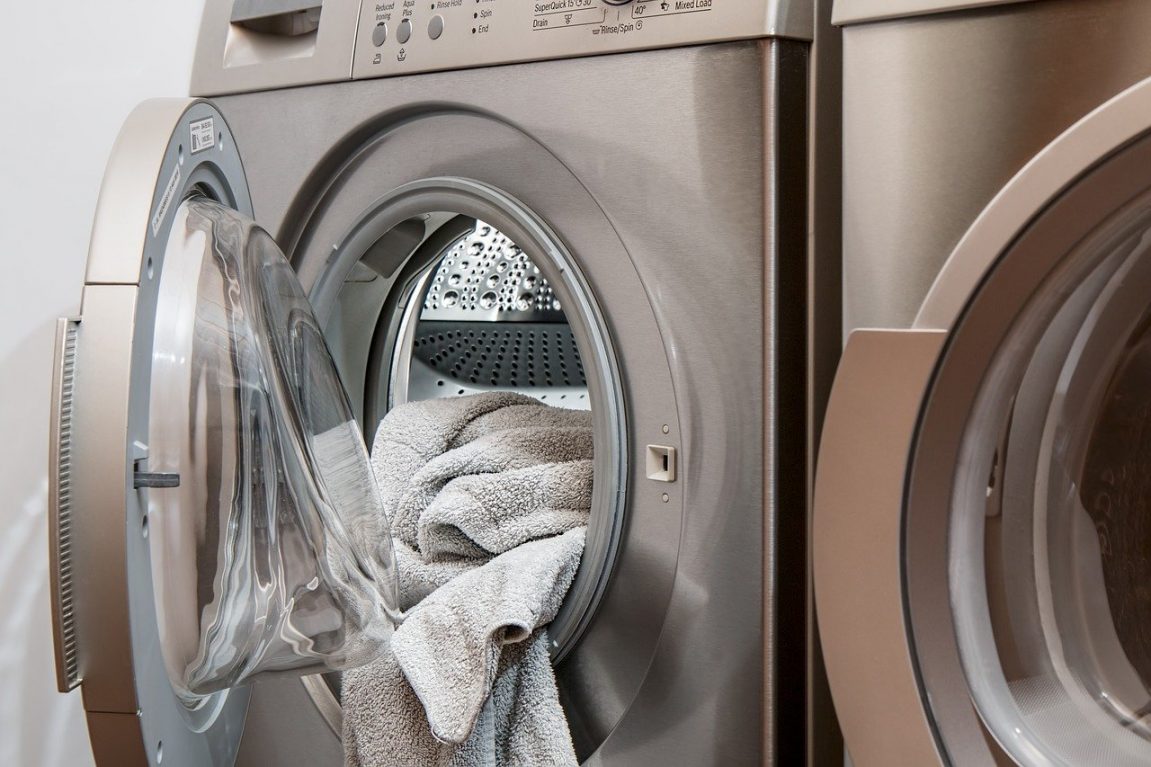Though it’s true that major changes must happen on a global scale to see a significant impact on the environment, the smaller changes that people make are often what gets things rolling and building momentum.
If you’ve been searching for ways to make eco-friendly changes, specifically those that will simultaneously help you save money and energy, there are many things you can do. Besides being easy and cheap, these small changes will benefit you, your family and the planet.
1. Get rid of disposable tableware
This includes plates, bowls, cups, forks and knives. An empty sink with no dishes to wash after finishing a meal is understandably tempting, especially if there are a lot of people in your household. Unfortunately, creating piles of garbage, instead of dirty dishes, doesn’t help a planet running out of places to store trash. The silver lining is that you won’t have to spend money replenishing these items.
Along with getting rid of your disposable bowls, try and use more eco-friendly products, such as Mary’s Kitchen’s custom tea towels, to replace disposable napkins and paper towels. This will help you save a ton of money in a short time. Capable of handling much more barbecue sauce than a napkin ever could and very versatile, use them to dry your hands, wipe away spills and set the table. Plus, they can be decorated or embroidered – dinnertime just got so much fancier.
2. Make your own household cleaners
Full of harmful chemicals that can be toxic for the people in your home and the environment, most household cleaners you would buy on the market can actually be made at home. The great part about this is that many of the ingredients are most likely in your pantry and don’t cost much. A quick internet search will show you eco-friendly, easy recipes made from baking soda, lemons, apple cider vinegar and essential oils.
3. Use major appliances during off hours
For many people, the peak hours where energy is most expensive is between 4pm and 9pm. Electric companies charge the most during this time period, so try to avoid leaving on any unnecessary lights, resist the urge to use the air conditioner (when possible) and try to wash dishes and get laundry done in the early morning or later at night. Cooking on your grill outside will even help save money and keeps your house from getting too hot, as the oven does, when you’re cooking dinner.
4. Be water wise
There are a number of ways that you can save water and money in your house. The first thing is to fix any leaky faucets, which waste 140 gallons of water every week. Repairing that annoying drip will make a big dent in your utility bill. Many people are typically unaware that they have leaks so take the time to inspect your fixtures, including the pipes under the sinks, on a regular basis.
Monitoring your water use will also help you conserve it. Turn off the tap when you brush your teeth and wash dishes and begin taking shorter showers. Running the washing machine and dishwasher when you have full loads and watering the lawn only once a day will also help.
5. Find and seal air leaks
The time of year does not matter; if it’s winter or summer, leaks in your home are costing you money. Give your home a full inspection, checking under your doors, windows and everywhere else, paying close attention to the basement and attic, for places where air is escaping and cover them up. A small investment of money in a little caulk can give you some pretty large returns. Depending on how many leaks there are, you could see your energy bill fall by as much as 30%.
6. Change the thermostat to an eco-friendlier setting
Before we talk about adjusting thermostats, you may want to consider getting a programmable thermostat to program green habits and monitor your energy usage. These units can automatically reduce cooling and heating by turning itself off when you’re away from home or sleep. Programmable thermostats eliminate wasteful energy use without forcing you to upgrade the HVAC system, saving households an average of $180/year.
If you don’t have a programmable thermostat, leave your unit set to 78 degrees in the summer, and turn it higher when you leave home to prevent the A/C or fan from automatically turn on.
Conclusion
Committing to the six changes listed above is one of the easiest and cheapest ways to save energy and money in your home. It is just a start, but there’s no denying it will make a difference.




























Follow us on Instagram